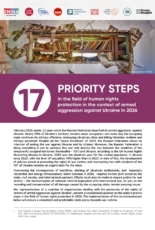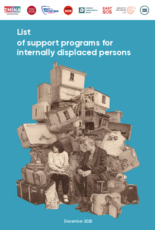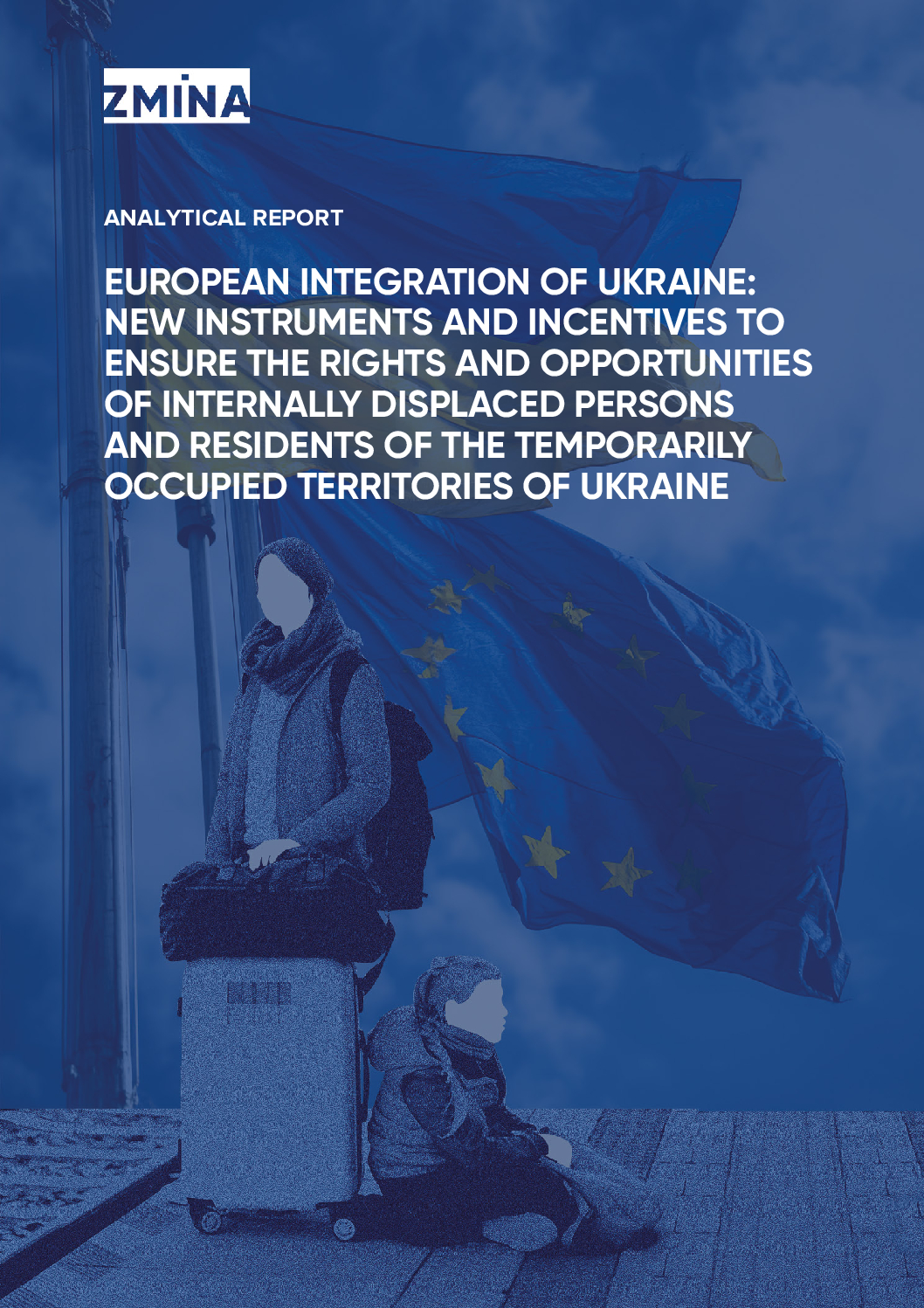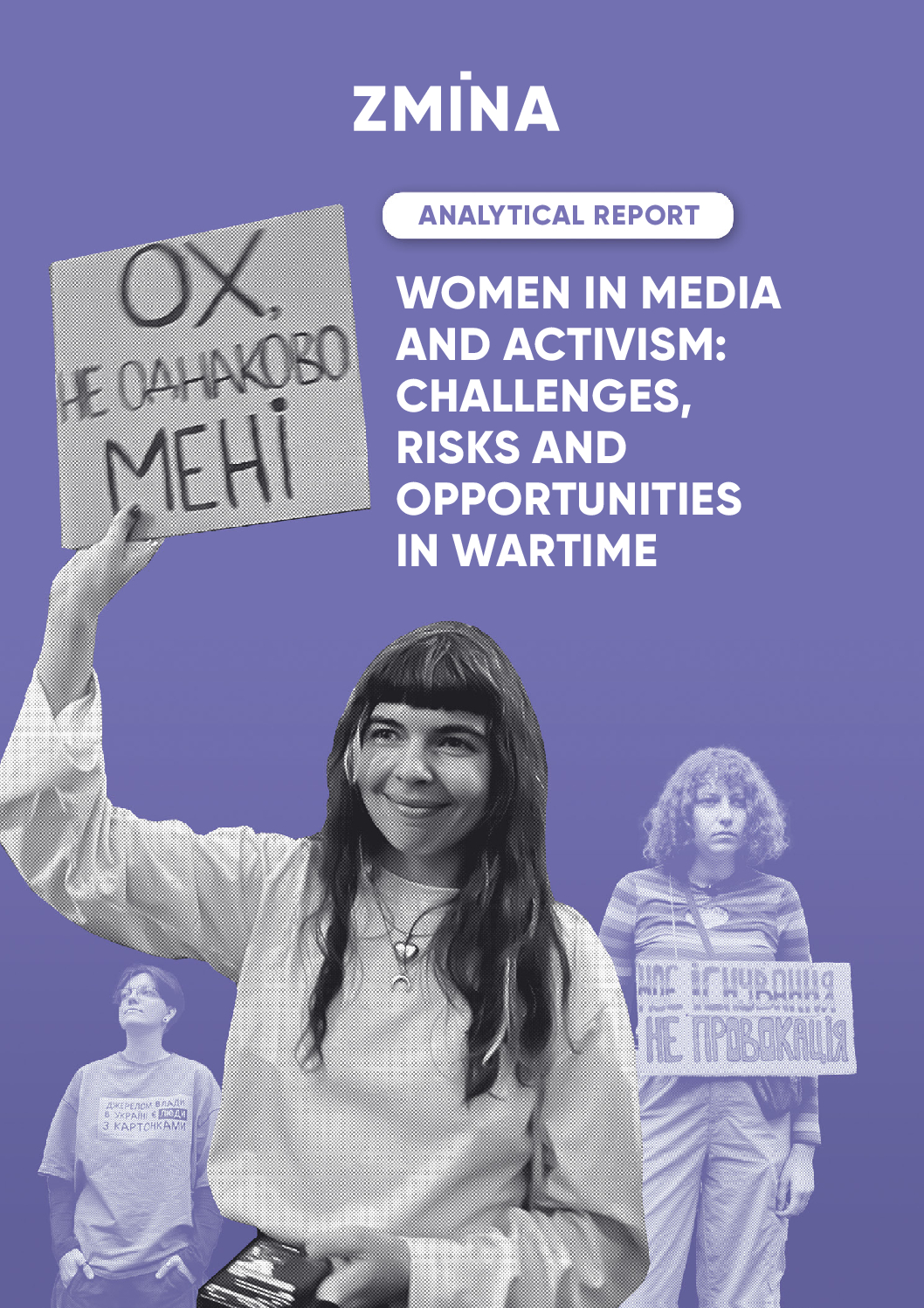Survival or crime: how Ukraine punishes collaborationism
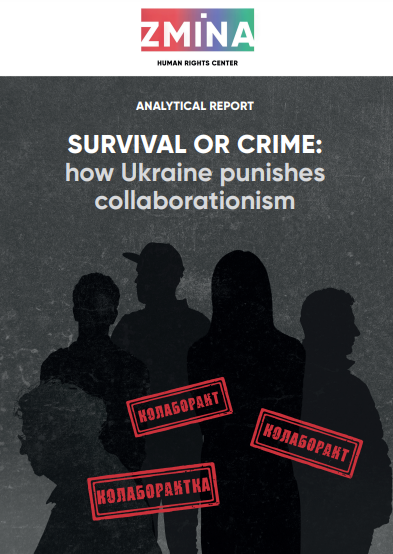
The analytical report is aimed at researching trends in the practice of considering cases on collaborative activity in Ukraine and analysing the relevant case law, studying developments in amending criminal legislation, as well as communication and public perception of responsibility for collaborations and the demand for justice, with the aim of further improving legislation on collaborative activity and developing an effective strategy for considering such cases to form a uniform and proper practice.
After the start of Russia’s large-scale armed aggression against Ukraine in 2022, the Verkhovna Rada of Ukraine considered and approved amendments to the CC of Ukraine under a shortened procedure, which established liability for cooperation with the occupation authorities: Articles 111-1 (“Collaborative activity”) and 1112 (“Aiding the aggressor state”) were added. These changes were primarily aimed at preventing Ukrainian citizens from cooperating with the occupation authorities in the territories that were and could potentially be occupied by the enemy after February 24, 2022. That is why a wide range of acts of various actors were criminalised, which led to a significant number of criminal proceedings.
Currently, criminal liability remains the only response of the state to the facts of cooperation between Ukrainians and the occupation forces. However, the existing regulation in the Criminal Code of Ukraine does not take into account the almost ten-year occupation of a part of Ukraine’s territory (the Crimean peninsula, certain districts of Donetsk and Luhansk regions), as well as the prospect of reintegrating the liberated territories and their residents. In this regard, studying the perception of the meaning of the concept of “collaborationism”, current practices of prosecution and expectations will allow us to assess how the current situation in communities correlates with the public demand for justice.

